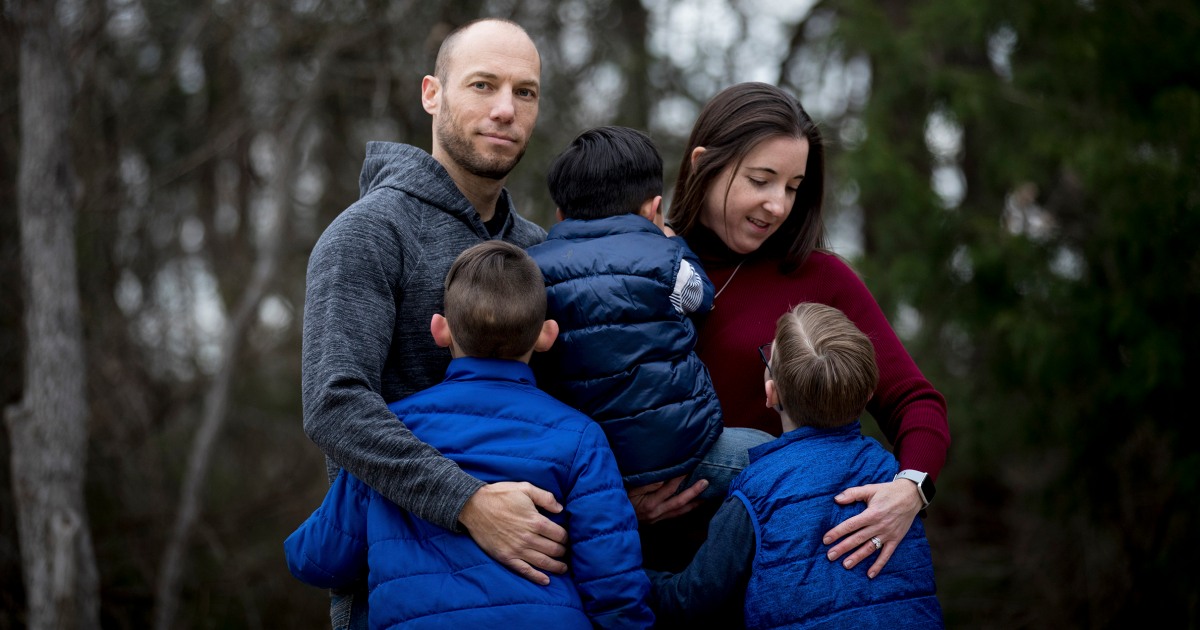
WASHINGTON — The Supreme Court on Thursday rejected a challenge to a federal law aimed at protecting Native American children while buttressing tribal identity.
In a 7-2 vote, the court turned away a series of claims seeking to invalidate parts of the Indian Child Welfare Act enacted in 1978 to keep Native American children within tribes. Among the provisions challenged was one that gives preference to Native Americans seeking to foster or adopt Native American children.
The court, in a ruling authored by Justice Amy Coney Barrett, said the challengers did not have legal standing to contest whether the preference provisions violated the equal protection clause of the 14th Amendment.
Barrett wrote that the challengers had sued the federal government but noted that it is state courts that enforce the preference provisions and state agencies place the children.
The majority, did however, conclude that the Congress has the authority to legislate on the issue and rejected challenges on those grounds.
Two of the court’s six conservative justices, Clarence Thomas and Samuel Alito, dissented.
The ruling will come as a major relief to tribes, who were concerned that the court would weaken or entirely strike down a law that plays an important role in bolstering tribal identity.
The law was enacted in response to a long history in which Native American children were disproportionately removed from families by both states and the federal government.
The challengers are led by Chad and Jennifer Brackeen — a white evangelical Christian couple who sought to adopt a Native American boy — as well as the states of Texas, Indiana and Louisiana. The couple adopted the child after a potential placement with a Navajo family fell through. They are also seeking to adopt the child’s half-sister, who lives with them.
The law was defended by the Biden administration and five tribes: the Navajo, Cherokee, Oneida and Quinault Indian nations and the Morongo Band of Mission Indians.
Tribes warned that striking down provisions of the law on racial discrimination grounds would threaten centuries of law that treat Native American tribes as distinct entities.
Both sides appealed to the Supreme Court after the New Orleans-based 5th U.S. Circuit Court of Appeals last year issued a splintered decision in which judges were divided over the key issues. A district judge had previously held that the law was unconstitutional.
The Supreme Court has been closely divided in two major recent cases on Native American issues. In 2020, the court expanded tribal authority in Oklahoma in a 5-4 ruling authored by Justice Neil Gorsuch. But in a follow-up case last year seeking to limit the impact of the earlier ruling, the court reversed course, ruling 5-4 to widen state power over tribes in certain instances.
Between the two rulings, liberal Justice Ruth Bader Ginsburg, who had sided with the tribes in the 2020 case, died and was replaced by Justice Amy Coney Barrett, creating the court’s current 6-3 conservative majority. Barrett cast the deciding vote against tribes in the second case, while Gorsuch joined the three liberal justices in dissent.
Source: | This article originally belongs to Nbcnews.com










